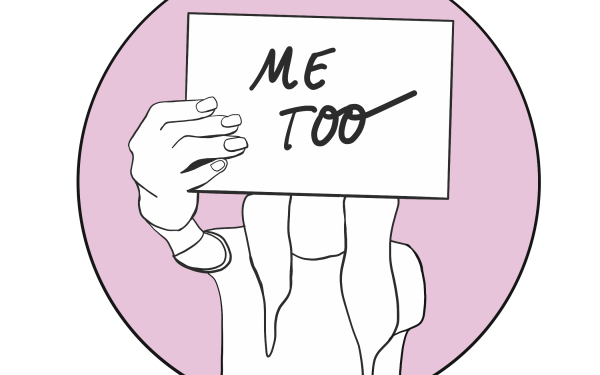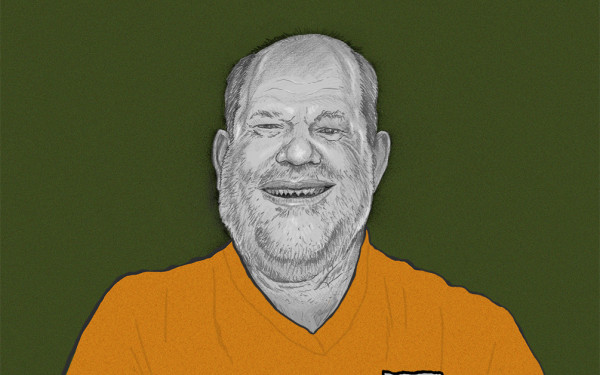When Will The Sikh Community Have Their Own #MeToo Movement?
Kaur Siblings Work Together to Prevent Sexual Violence and Support Survivors
Founded in 2006 by African-American civil rights activist Tarana Burke, the #MeToo movement has served survivors of sexual violence–and particularly young women of colour–talk about their experiences with sexual violence.
While the movement’s push into the mainstream in late 2017 has led to it becoming an international front working to protect and help survivors around the world, the Sikh Research Institute is wondering when the Sikh community will have its own #MeToo movement.
Hoping to address this problem, the Research Institute—or SikhRI for short—held an online webinar to discuss the matter at hand. SikhRI aims to strengthen bonds within the Sikh community, as well as make Sikh education more accessible, through courses and seminars.
The webinar was led by Gurleen Kaur, an Education and Prevention Specialist with the Violence, Prevention, and Response team at MIT, and Jasleen Kaur, a researcher at SikhRI. The two have been working on an article set to be released by SikhRI soon, as a culminating report of their research.
The two expressed how difficult dealing with the topic of sexual assault can be within the Sikh community, presenting a firsthand example of reactions to the event itself on Facebook. Online responses dismissed the webinar as “entertainment for the rich,” an attempt to “dishonor the Sikh community,” and “an attack on the Muslim community as a whole.”
While Gurleen wasn’t happy with the comments the event received, she understands the effect they have.
“[Reactions] like these send the message to survivors that not only will they not be believed if they speak up, they will be mocked, which is terrifying,” she said.
Another problem facing the Sikh community, the presenters highlighted, in regards to its own potential #MeToo campaign is the community’s inclination to protect accused abusers.
With the Sikh community being as close-knit as it is, Gurleen said victims often are silenced or ostracized by the community, should their abusers prove to be honorable and high-standing members of the Sikh community. Such is the case of Gurbaksh Chahal.
Chahal was arrested in 2013 and charged with 47 counts of domestic violence, which were even captured on Chahal’s personal security system. Though the evidence was later deemed inadmissible by a San Francisco court, in 2014 Chahal pleaded guilty to two misdemeanor charges, leaving him on probation for three years.
Chahal would go on to break that probation in 2016 after his then-girlfriend reported Chahal had brutally kicked her several times, making it Chahal’s second reported domestic abuse incident in three years.
Jasleen and Gurleen said the taboo of openly discussing sexuality and what healthy relationships looks like prevent the #MeToo movement from moving forward in the Sikh community.
Another roadblock is the lack of distinction between religion and culture in regards to masculinity. Masculinity is seen as such an important aspect of Sikh identity, as a result, any traits that are seen as feminine or contrasting to what is seen as the “inherent masculine Sikh identity,” explained Gurleen. “If you don’t follow certain social norms, everything about you as a man can be questioned,” she said. “Masculinity both in the Punjabi and Western context is based in large part, on the unfair treatment of women.”
While it may seem as if the Sikh community is years away from having their own proper #MeToo movement come to life, Jasleen and Gurleen said they’re determined and optimistic about pushing the rhetoric of change through the community.
“Once enough individual value systems change and that change in values translates into action, we believe our community will move with those changes towards progress,” Jasleen said.
“What does that progress look like?” asked Jasleen.
It means that parents start talking to their kids about sex and what constitutes a healthy and unhealthy relationships, consent, and boundaries, she said.
“It means counselors in our community being trained to talk to Sikh teenagers about healthy relationships. It means that we as individuals start believing victim-survivors, listening and speaking up on their behalf when it is asked of us,” Jasleen continued.







